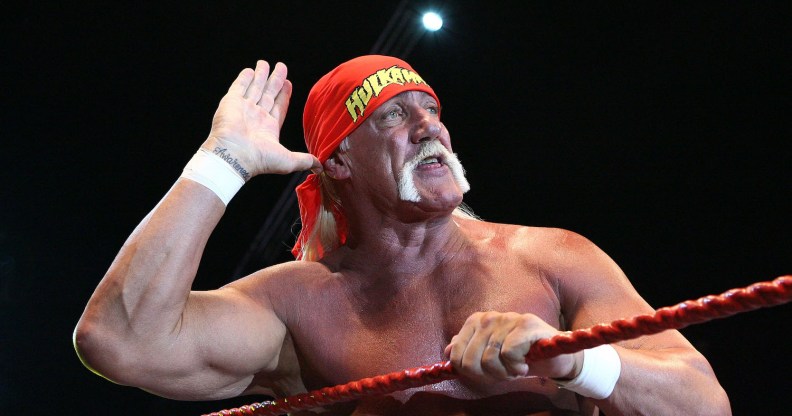Gawker files for bankruptcy after losing $140 million lawsuit to ‘outed’ tech boss and Hulk Hogan

Gawker has filed for bankruptcy protection to avoid paying $140 million to Hulk Hogan in a lawsuit funded by ‘outed’ tech boss Peter Thiel.
The owner of Gawker Media, Nick Denton, announced plans to make a chapter 11 filing today.
In filing for bankruptcy protection, Denton hopes to avoid paying former PayPal boss Thiel, and former wrestler Hulk Hogan, the $140 million from a privacy lawsuit earlier this year.

Gawker told its employees today that it still intends to fight the privacy lawsuit, and will still operate as a publishing business.
But Denton told staff that he would be entertaining offers to sell the company, including one from publisher Ziff Davis.
It is understood that Davis has offered less than $100 million for the company.
The company is unlikely to be sold before the lawsuit with Hogan and Thiel is finished, or at least until a court-ordered restructure is complete.
Hogan sued Gawker after excerpts of a sex tape featuring him and one of his friend’s wives, were published in 2012.
Thiel got involved and said he would fund the lawsuit in revenge against Gawker for its coverage of his sexuality back in 2007.
At the time, after the Republican businessman had come out to his friends and family, news site Gawker ran a story suggesting ‘Peter Thiel, the smartest VC in the world, is gay’.
Thiel appears to be getting revenge, however – after it emerged he is secretly funding wrestler Hulk Hogan’s $140.1 million lawsuit against the company.
Last month Thiel told the New York Times: “It’s less about revenge and more about specific deterrence… I saw Gawker pioneer a unique and incredibly damaging way of getting attention by bullying people even when there was no connection with the public interest.”
He added that funding the Hogan lawsuit was “one of my greater philanthropic things that I’ve done.”
Thiel confirmed to the New York Times that he had spent $10 million to support Hogan’s lawsuit, telling the New York Times: “I thought it was worth fighting back. [It’s] very painful and paralysing for people who were targeted.”

